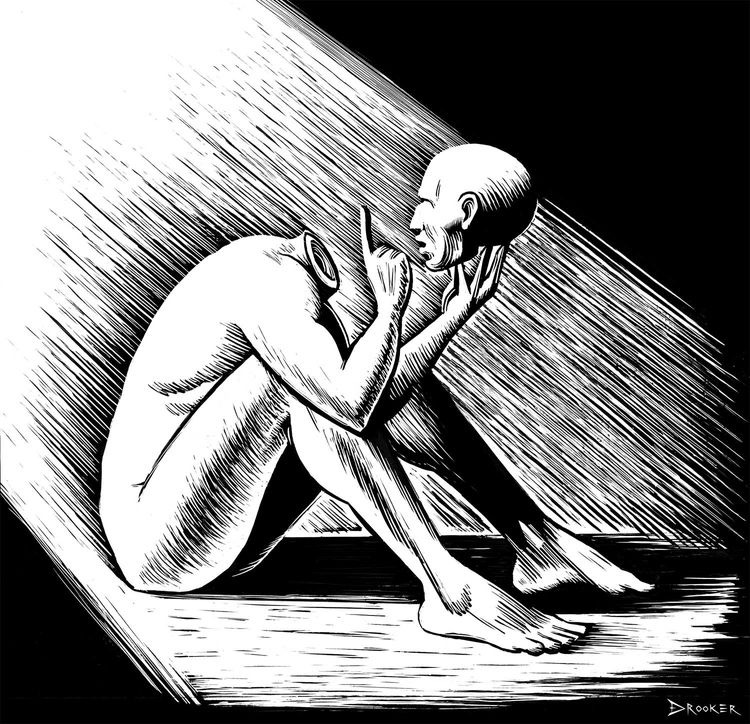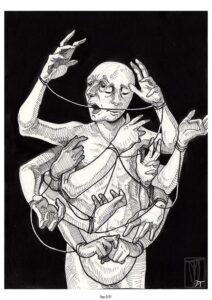
What strikes one’s mind when they read about men’s mental health? Beyond the conventional perspective that people have succumbed to accept, it is crucial to analyze and explore the depths of men’s mental health.
Growing up with two brothers and looking back now, I realized how I would usually end up crying every time I got hurt or was sad. There was always someone to comfort me, but whenever my brothers did the same, there would always be that one person admonishing them and telling them to “stop crying like a girl” and to “man up.” My brothers and I never mulled over these words. To us, they were like flitting butterflies, their effects lingering for a second.
In retrospect, I can see that where every word spilled out, unbeknownst to my brothers, it had settled around them, restricting their outlets and limiting their emotions. As children, we accepted these “standards,” and we expected everyone else to do the same because everyone somehow always knew better. As we grew out of our childish plays, I couldn’t help but notice how these boys, who would sniffle when their favorite G.I. Joe was taken away, would turn into men who would rather bite their tongues till it bled than admit that they were hurt or in pain because they were taught to do so. I always thought they were strong that way because I was taught to think so.
The majority of fault lies in us as a society. These unrealistic standards for men to be pillars of society, disguised as poisonous ideals, isolate them and prevent them from reaching out. This is what Men’s mental health awareness week seeks to tackle. This week aims to take on various challenges that encourage men to come forward.
Taking the first step is always the hardest: accepting that you might need help, and to do that, monitoring and recognizing these symptoms are essential. Symptoms of certain mental health illnesses like depression manifest in different ways among men and women. It is crucial to understand them so that one can seek help when necessary.
Depression and anxiety may manifest as unbridled aggression or control-seeking behavior in some men. Others may internalize emotions and shut themselves from the world. These characteristics are often celebrated as “masculine traits” and disguised as assertiveness, independence and strength. Under the garb of toxic masculinity, most men with depression go undiagnosed because they fail to recognize the symptoms as something concerning.
In an attempt to tackle the underlying issue, some men might be prone to using drugs and alcohol as crutches or might develop unhealthy habits like gambling as a coping mechanism. In contrast, others might completely lose interest in things they once were passionate about and go about living with no motivation. Several symptoms such as irritability, loss of appetite, disinterest, and lack or excess of sleep are passed off as simple mood changes or personality traits.
The effects of these misconceptions and stigma run more profound than one might want to know. For example, The Atlantic recounts how most historians described Abraham Lincoln’s depression as a “character issue.” Another example is Ernest Hemingway, who was diagnosed with depression and bipolar disorder and had to undergo therapy under the semblance of being treated for hypertension.
Uprooting these ideals that have been woven into our society cannot be done in just one week a year. Still, as long as we start somewhere, take one step and reach out to one person, it’s a start. I’m going to start by telling you that it’s okay to crumble and be a mess. It’s okay to sob and pull your hair out in frustration. It’s okay to curl up and feel small. Until it’s nailed into everyone’s mind, I’ll say it again and again. It’s okay not to be okay.
Written by Nicole Mary Swer for MTTN
Edited by Shivangi Acharya for MTTN
Featured Image by Eren Drooker
Artwork by Hedgesloth

Leave a Reply
You must be logged in to post a comment.